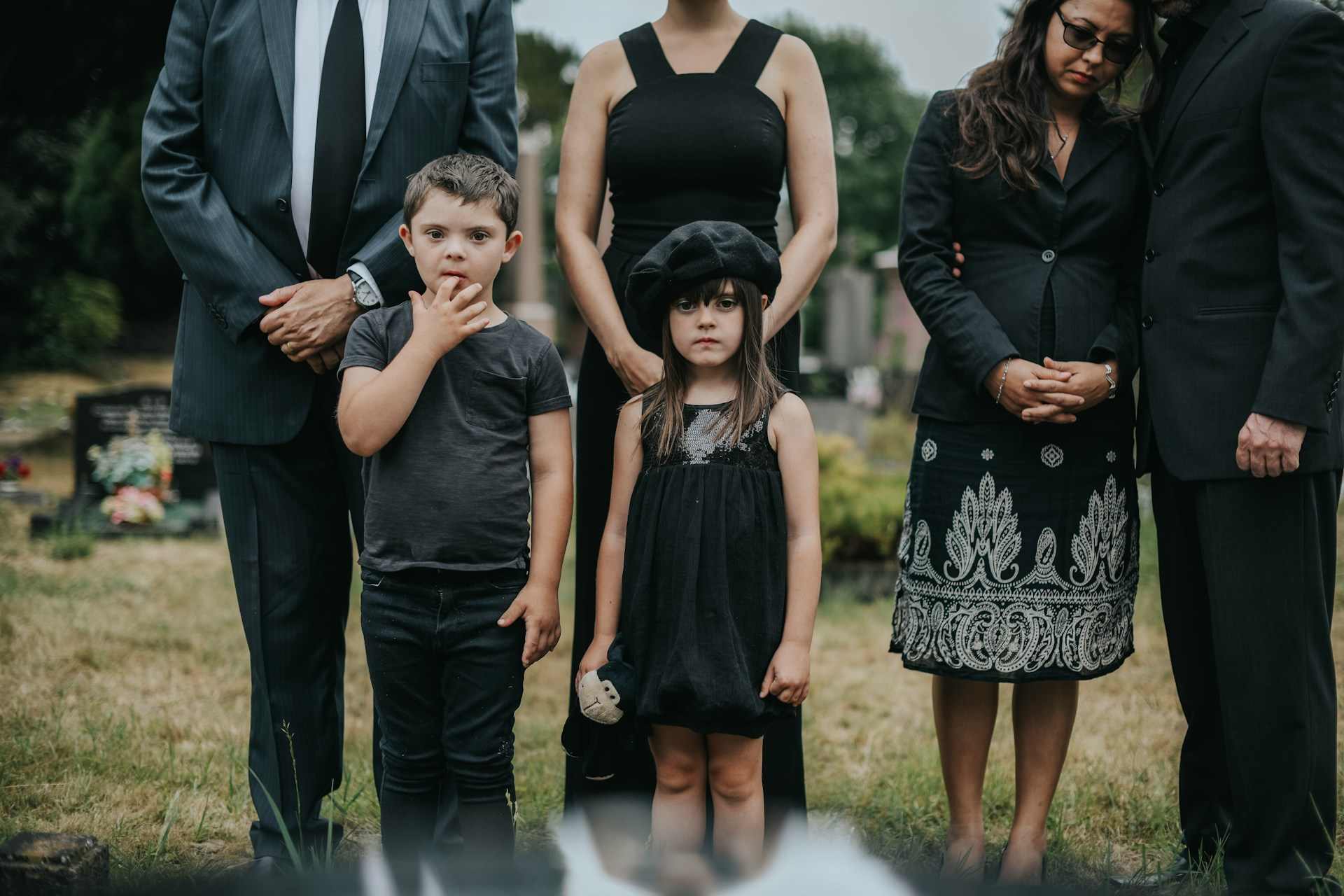Understanding the Three ADHD Subtypes
Most people mistakenly believe that having Attention Deficit Hyperactivity Disorder (ADHD) means that you will be restless, energetic, and generally find it hard to focus. While these are some characteristics of Attention Deficit Hyperactivity Disorder in general, the truth is that there are three subtypes of ADHD, each with unique characteristics and challenges. When a person has no understanding of these subtypes, they might believe their diagnosis was a mistake because they don’t experience the same things as another person with ADHD. Understanding the different subtypes will help you understand yourself, your weaknesses, and which areas to focus on as you manage Attention Deficit Hyperactivity Disorder. Keep in mind that there is a great amount of complexity with ADHD, and one person’s experience cannot be more or less accurate than another’s experience. ADHD-H (Hyperactive-Impulsive ADHD) When someone mentions Attention Deficit Hyperactivity Disorder, this is usually the type that comes to mind for most people. Those with ADHD-H often get diagnosed in childhood, where they tend to be disruptive in school, struggling to sit still and pay attention. Besides physical hyperactivity, people with Type 1 ADHD also experience “noisy” thoughts sometimes to the point of being overstimulated and overwhelmed by their busy minds. Adults with ADHD-H mostly experience the second type of hyperactivity, with disorganized thoughts and busy brains that struggle to calm down. In childhood, ADHD-H is more prevalent among boys, but it is not uncommon in girls. Children with ADHD-H are talkative, creative, and tend to squirm and move around a lot when they are expected to be still and quiet. Many children make impulsive decisions, but those with ADHD-H frequently get into trouble because of their impulsivity and poor decision-making. The results of ADHD-H might significantly impact a child’s schooling experience. Adults with ADHD-H often feel restless [...]












